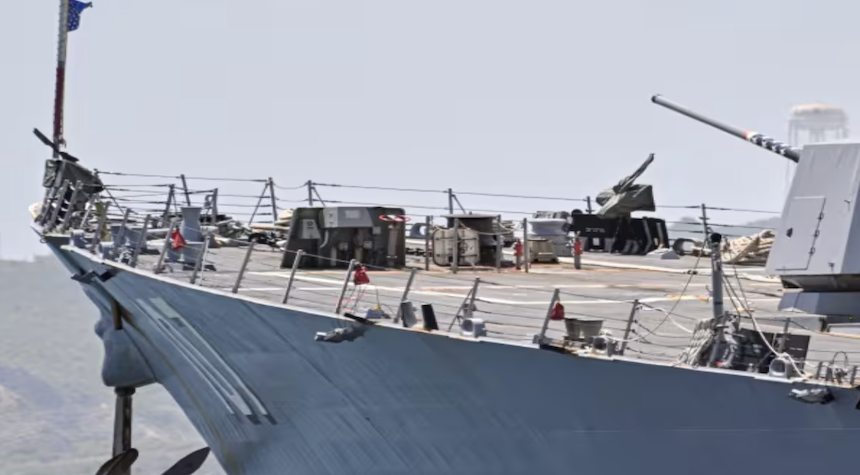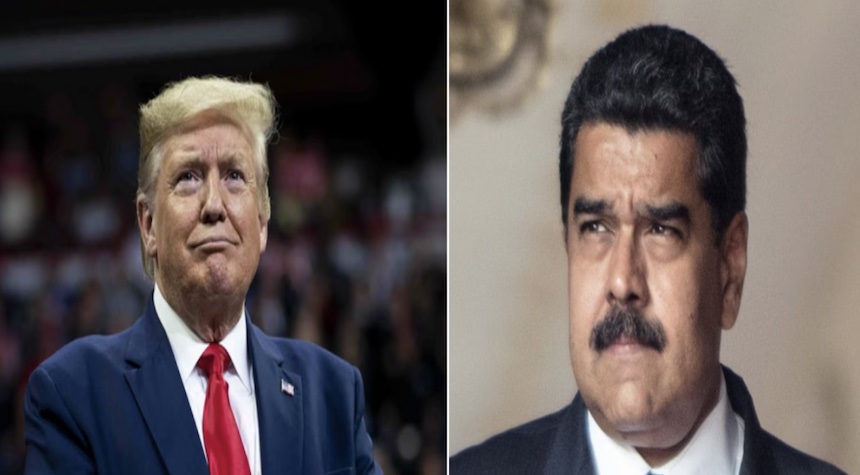The U.S. military recently conducted a fourth strike against a suspected drug-trafficking vessel in the vicinity of Venezuela, according to President Trump. This series of strikes is part of an intensifying campaign by the administration to curb the flow of narcotics towards the United States.
U.S. forces targeted a vessel in international waters under the authority of the Southern Command, alleging its connection to a designated terrorist group. It has been reported that this operation resulted in three fatalities, referred to as “narcoterrorists,” with no American personnel suffering harm.
“Intelligence confirmed the vessel was trafficking illicit narcotics, and was transiting along a known narcotrafficking passage en route to the United States,” President Trump stated publicly. He further urged an end to the trafficking of fentanyl, narcotics, and illegal drugs into America.
You May Also Like: Federal Alert: Al-Qaeda Planning ‘Horrific’ Terror Attacks on Multiple US Cities
This strike is part of a broader effort by the Trump administration, which has deployed a flotilla of seven U.S. warships and more than 4,500 personnel to waters near Venezuela. The stated purpose of this mission is drug interdiction, but internal discussions suggest possibly wider objectives.
One administration official expressed the sentiment that if Venezuelan leader Nicolás Maduro ends up out of power as a result of these actions, there would be no complaints. Another official drew parallels to the U.S.’s 1989 invasion of Panama, which led to the removal of then-leader Manuel Noriega on drug charges.

The Justice Department in August announced a $50 million reward for the arrest of Maduro, who has been indicted in the U.S. for allegedly running a drug network that the U.S. has recently designated a terrorist group.
The U.S. deployment includes 2,200 Marines, which raises important questions about whether the mission extends beyond drug enforcement. Maduro has criticized the U.S. actions as “immoral, criminal, and illegal” and encouraged Venezuelans to join militias in preparation for what he describes as an impending invasion.
Lastly, oil, as Venezuela boasts the world’s largest proven reserves, remains a significant factor influencing U.S. policy. The Trump administration has both eased sanctions, allowing Chevron to resume pumping, while escalating pressure by labeling Maduro a terrorist – a policy mix that has left regional observers somewhat puzzled.
While a ground invasion remains unlikely, according to official sources, they predict more maritime interdictions and possibly targeted airstrikes on suspected cartel sites. “Some boats will definitely be caught or sunk,” an official stated.


